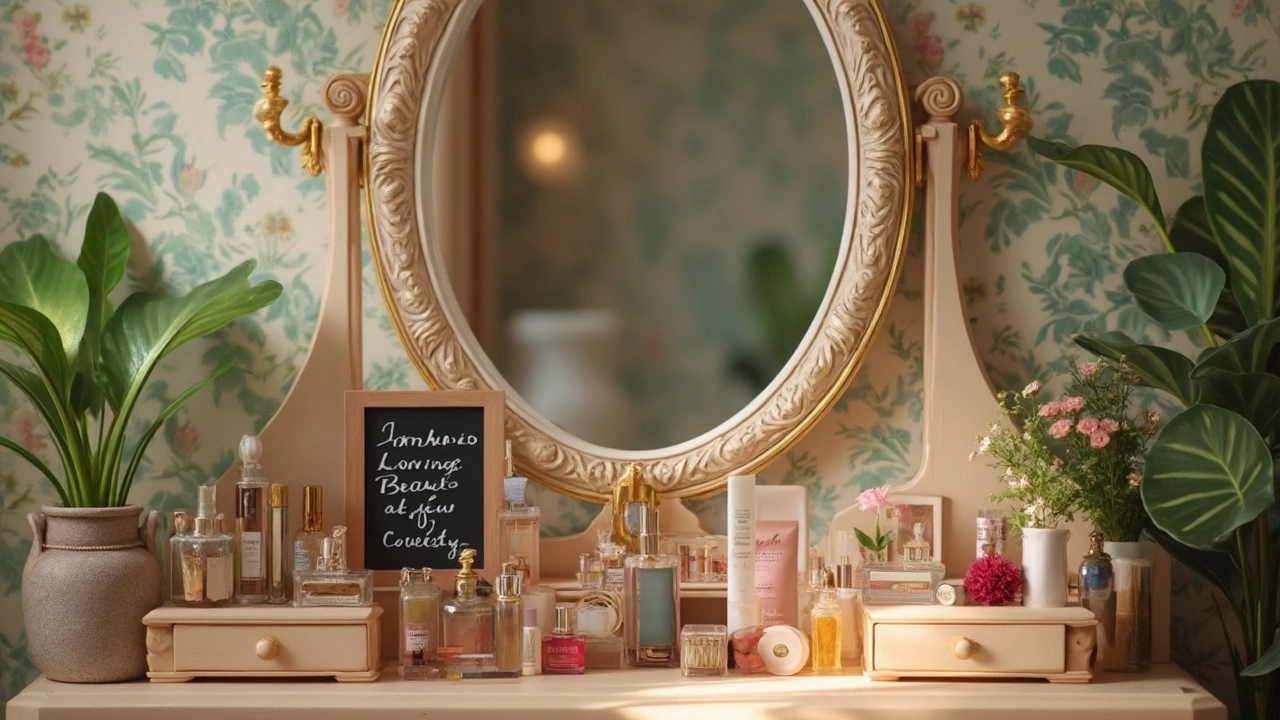Ethical Beauty: Simple Ways to Choose Cruelty‑Free & Sustainable Products
Want to look great without hurting animals or the planet? You don’t have to pick between style and conscience. Ethical beauty is the sweet spot where your makeup, skincare, and hair care help you feel confident while staying kind to the world.
At its core, ethical beauty means three things: no animal testing, transparent ingredients, and packaging that reduces waste. When a brand checks those boxes, you’re supporting a system that respects life and resources. It’s not a fad; it’s a shift in how we think about what we put on our skin.
How to Spot Truly Cruelty‑Free Products
First stop: the label. Look for certifications like Leaping Bunny, PETA‑approved, or the EU’s cruelty‑free logo. Those symbols mean the company has been audited and can prove it never tests on animals.
Don’t rely on vague claims like “not animal‑tested”. Some brands outsource production to factories that might still test elsewhere. Check the brand’s website or a trustworthy database such as Logical Harmony to confirm.
Ingredients matter, too. Vegan‑friendly formulas avoid animal‑derived components like carmine, beeswax, or lanolin. If you see those, the product isn’t fully ethical, even if it’s cruelty‑free.
Sustainable Swaps for Your Daily Routine
Packaging is the silent culprit in beauty waste. Choose brands that use recycled plastic, glass, or biodegradable containers. Refill stations are popping up in many stores—bring your own bottle and top it up.
DIY basics can cut down on waste dramatically. A simple sugar scrub made from sugar, coconut oil, and a few drops of essential oil lasts for weeks and comes in a jar you already own.
When you need to replace a product, opt for multi‑use items. A tinted moisturizer can replace separate foundation and sunscreen, trimming down the number of containers you own.
Finally, support local or indie brands. Smaller companies often have smaller carbon footprints and are more likely to be transparent about sourcing.
Putting these tips into practice doesn’t mean you have to overhaul your entire vanity overnight. Start with one product—maybe your daily cleanser—and switch it to a certified cruelty‑free option. Once you see the difference, add another swap.
Remember, ethical beauty isn’t about perfection; it’s about progress. Every conscious choice adds up, making the beauty industry a little greener and a lot kinder.
So, next time you’re scrolling through a beauty aisle, ask yourself: does this brand respect animals? Are the ingredients clean? Is the packaging sustainable? Answer those three, and you’ll be well on your way to a radiant, ethical look.

